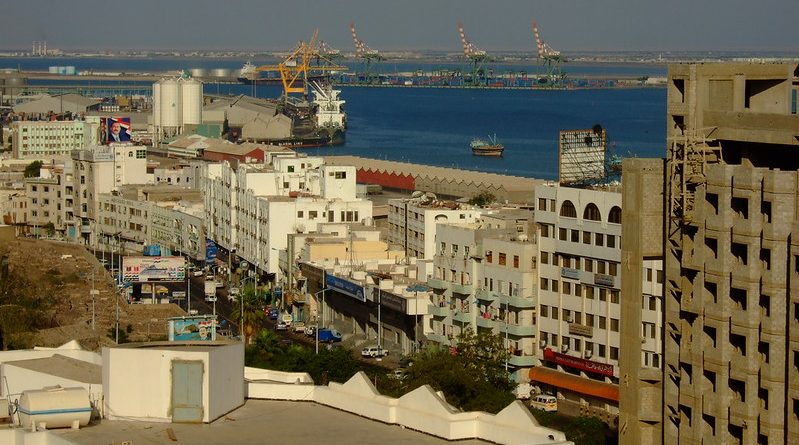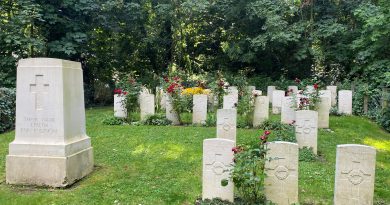Aden
Yemen is steeped in biblical history. According to local tradition, here in Aden is not only where Cain and Abel are buried but from where Noah launched his ark during the great flood.
Since the word dot, it’s been has been regarded as one of the world’s most natural harbours. In 1839, the British were looking for a spot to serve as a coaling station for ships going back and forth from India and decided to annex the port. So began 128 years of British occupation which has given Aden a very distinctive flavour to the rest of Yemen.
The British colony served as a crossroads for many of the 19th century’s great explorers – such as Burton, Baker and Stanley. And the poet Arthur Rimbaud made Aden his home. By the 1950s, Aden was the fourth-largest tax-free port in the world, and over 6,000 ships a year passed through*.
By the turn of the century, relations between the Brits andthe other imperial power in Yemen at the time, the Ottomans , began to sour. By the 1950s, the Ottomans had left but friction between the ruling Imams and the Brits was mounting.
The British eventually withdrew in 1967 .There are now only distant and dusty reminders of the Btitish presence in this port city . Room 101 of the Crescent Hotel, is where Queen Elizabeth stayed during her visit in 1954.
But there is not a scrap of vegetation in the Ma’alah British military cemetery, just rows of neat headstones to record the names of squaddies who lost their lives the last time Britain fought a war of resistance in the Middle East.




